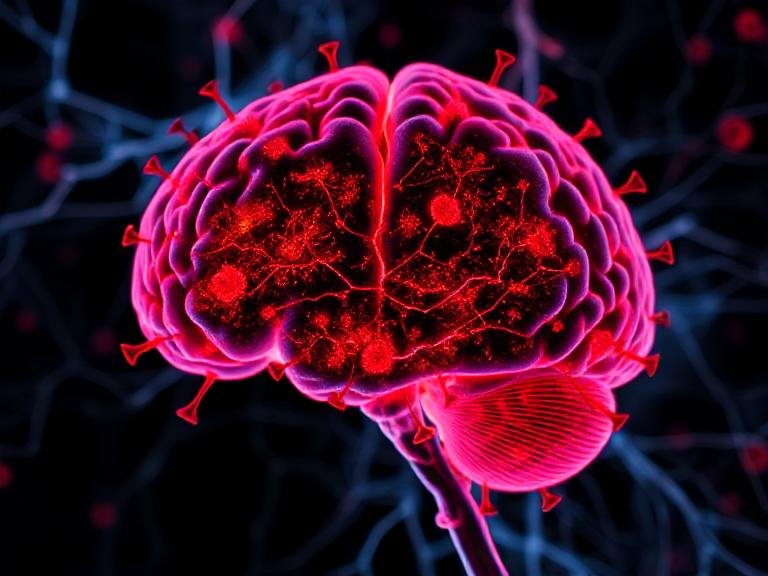
Constantly Exhausted? You Might Have Had a Silent Mini-Stroke
New research suggests that fatigue following a mini-stroke — known medically as a transient ischemic attack (TIA) — can linger for months or even up to a year, revealing a long-term impact that goes beyond the initial event.
Published in Neurology , the study followed 354 patients , with an average age of 70, who had experienced a TIA. Participants reported ongoing tiredness long after their physical symptoms had disappeared — and for some, fatigue remained a persistent issue throughout the entire year of follow-up.
Fatigue Lingers Even After Recovery
While TIA symptoms like speech difficulties or muscle weakness typically fade within a day, this study shows that fatigue may not . In fact:
- 61% of participants reported fatigue just two weeks after the event.
- Over half (54%) still experienced fatigue at 3, 6, and 12 months post-TIA.
The study measured fatigue across five categories: general tiredness, physical exhaustion, reduced activity, lack of motivation, and mental fatigue. On a scale from 4 to 20, participants averaged 12.3 at the start — and scores barely dropped over the year.
Link With Mental Health Identified
Interestingly, researchers found that people who had a history of anxiety or depression were twice as likely to suffer from long-term fatigue after a TIA. However, brain scans showed no differences between those with and without lasting tiredness, suggesting that fatigue may be more related to psychological or functional factors than visible brain damage.
Call for Longer Follow-Up Care
Lead author Dr. Boris Modrau of Aalborg University Hospital emphasized the importance of monitoring patients beyond the immediate recovery phase:
“If someone feels fatigued within the first two weeks after a TIA, there’s a strong chance they’ll continue feeling that way for months. Long-term follow-up could help identify those in need of extra support.”
He added that recognizing fatigue early could improve patient care and lead to better management strategies.
Limitations and Next Steps
One limitation was that some questionnaires were completed with assistance from caregivers or family members, which might have influenced responses.
Still, the findings highlight a growing awareness of the hidden consequences of mini-strokes , urging both doctors and patients to take fatigue seriously — even when the main event seems long gone.





